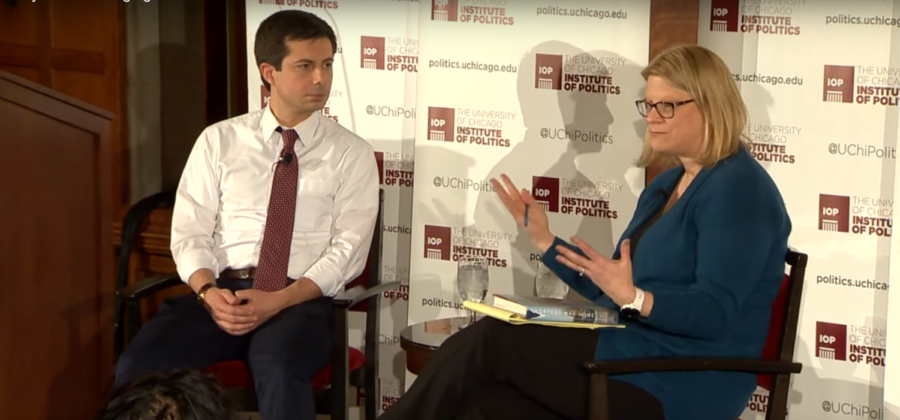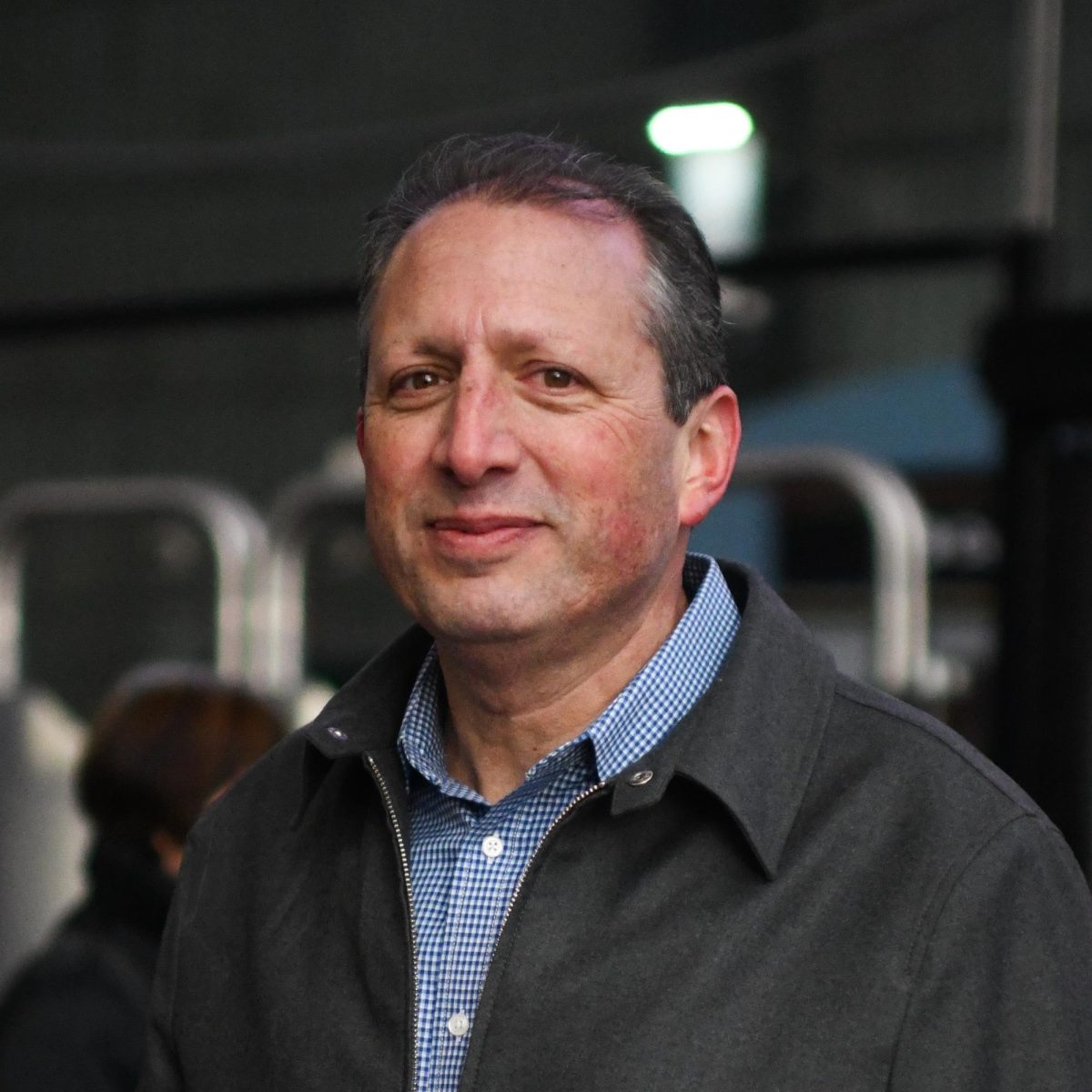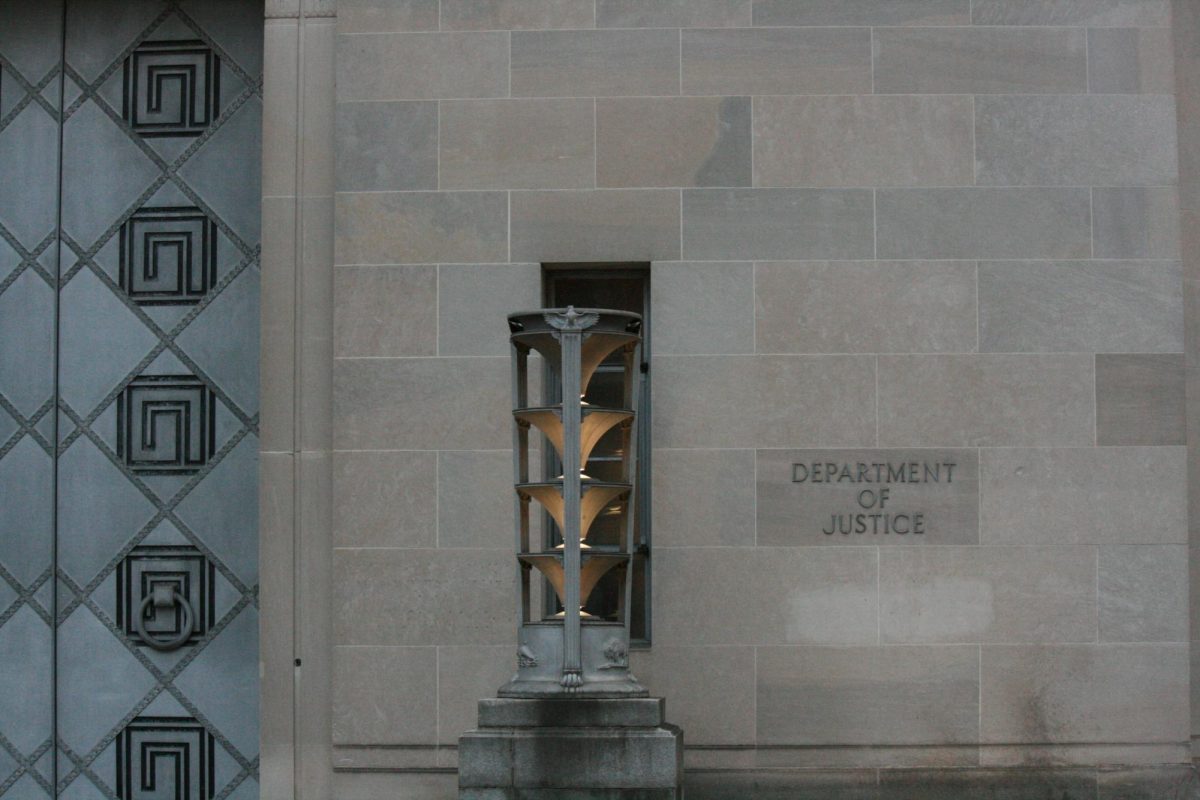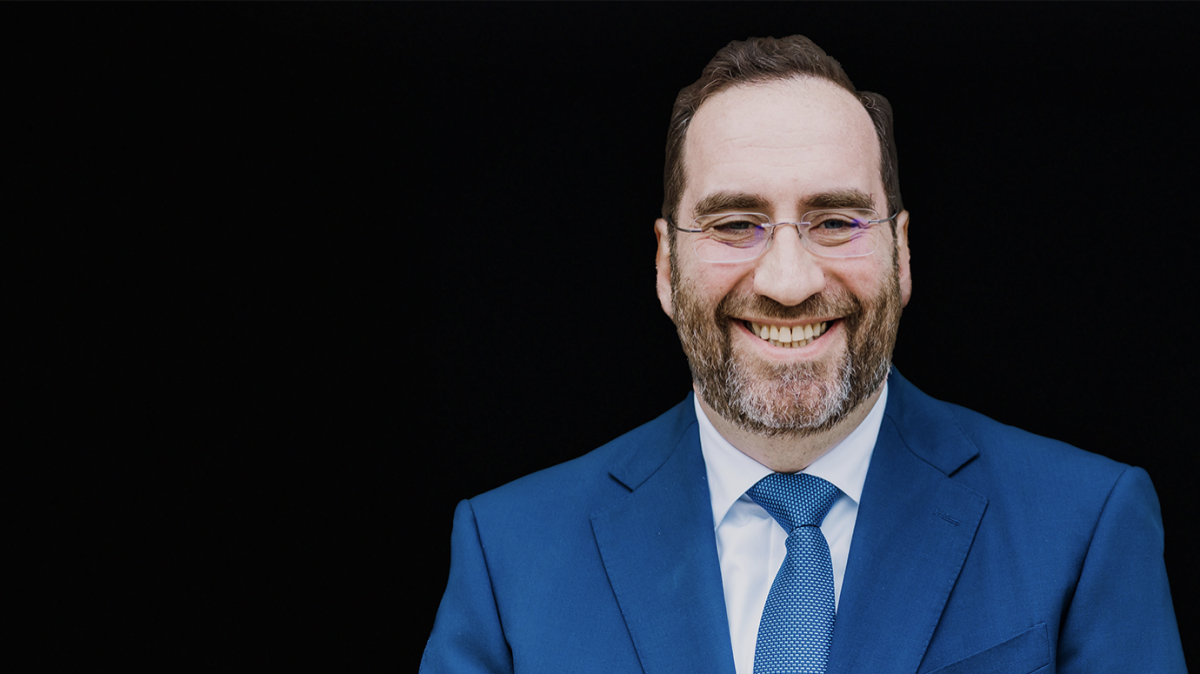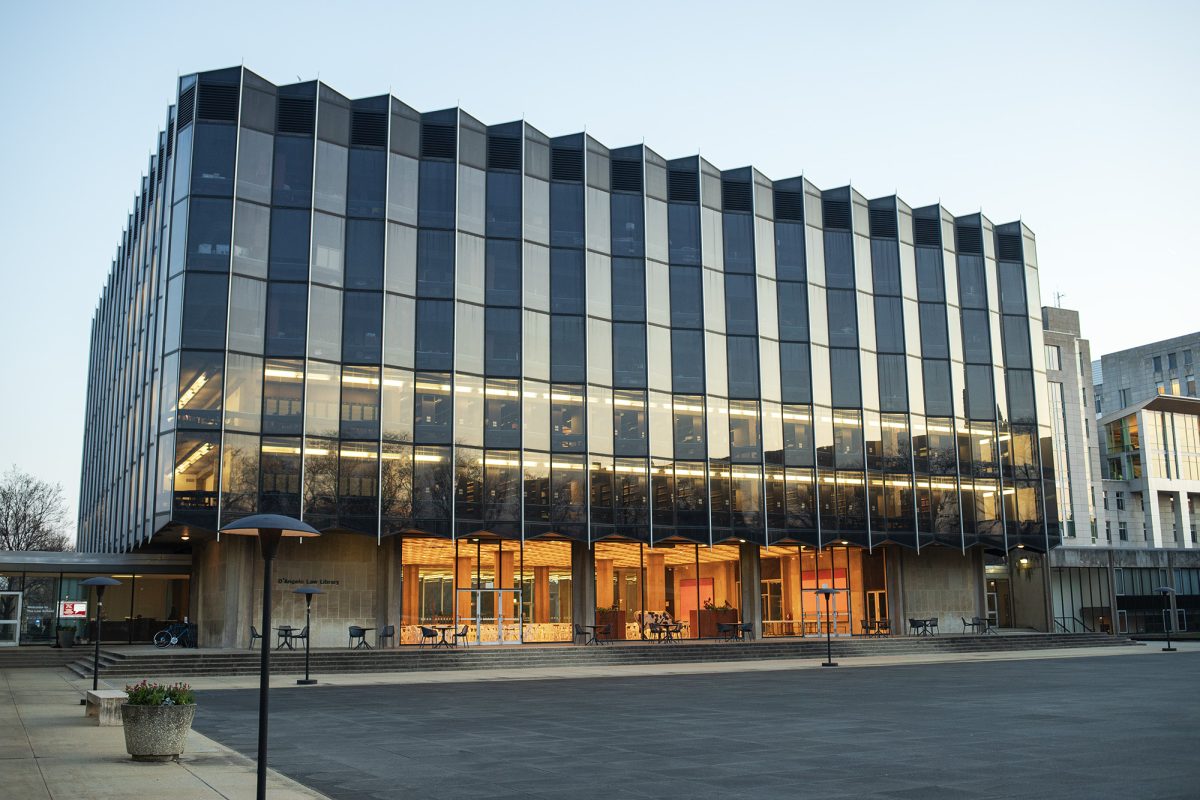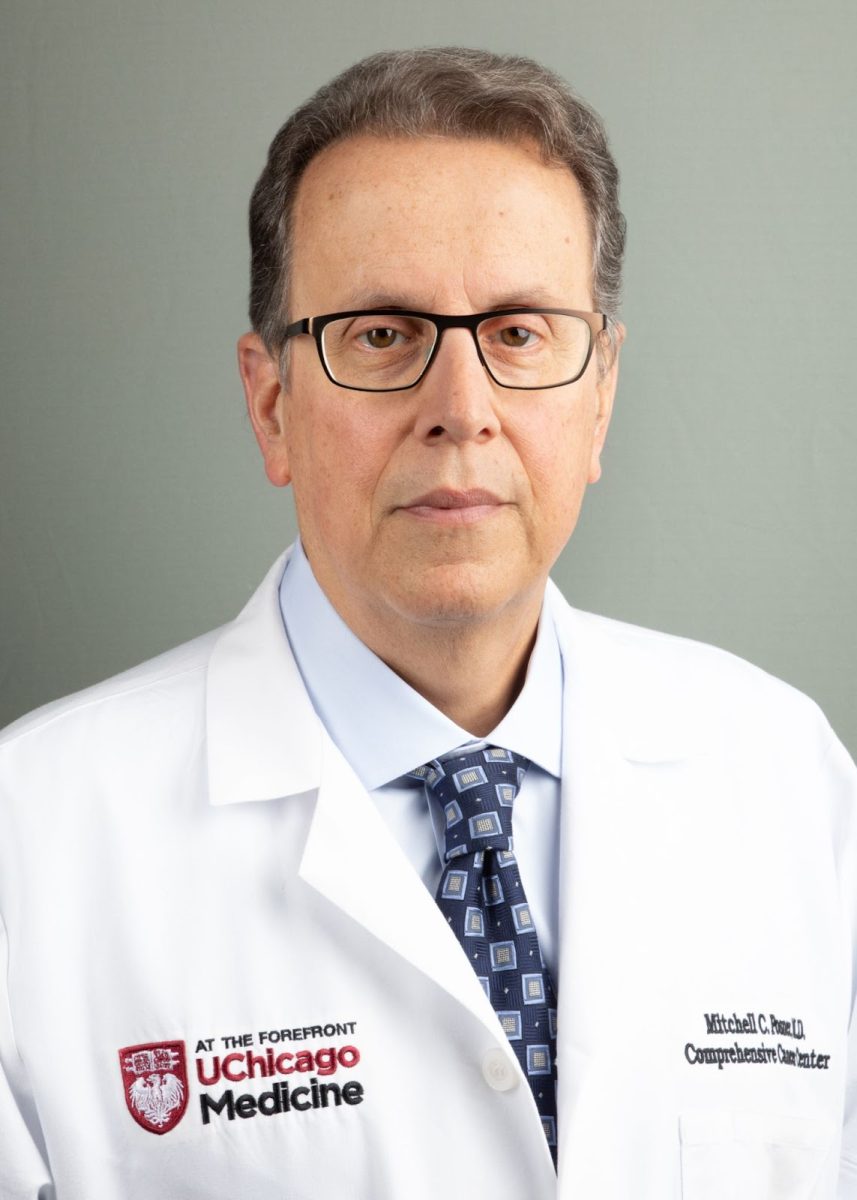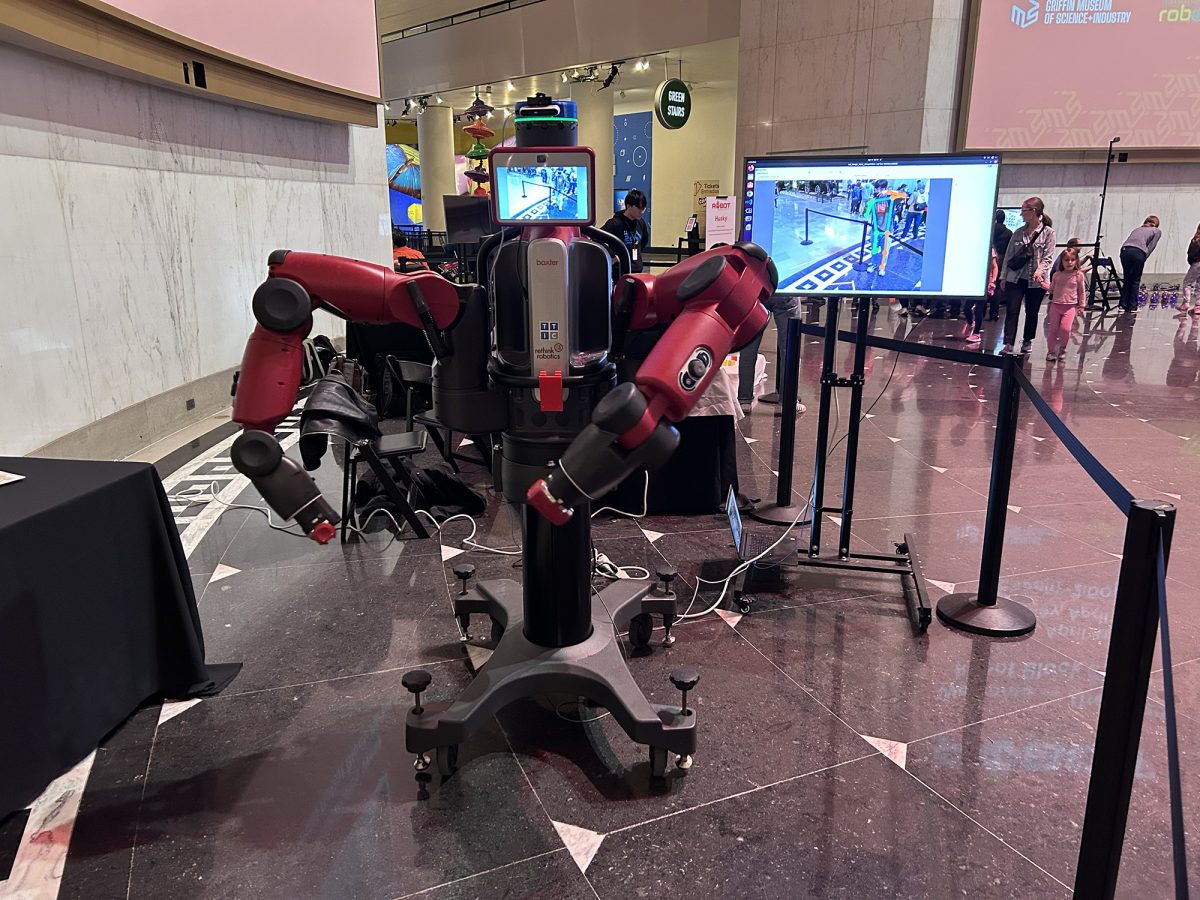On Wednesday, Pete Buttigieg, mayor of South Bend, Indiana and likely 2020 Democratic presidential candidate, emphasized his support for universal background checks for gun sales and a ban on bump stocks during a wide-ranging talk at the Institute of Politics (IOP). Sara Burnett, a political reporter for The Associated Press, moderated the talk.
Buttigieg, who was first elected mayor in 2011 and has received widespread attention for his work to revitalize South Bend, announced on January 23 that he was forming an exploratory committee to look into running for president in 2020.
So far, Buttigieg has mostly refrained from discussing specific policy agendas, but he has publicly supported universal background checks in the past. The 37-year-old prospective candidate has also billed himself as being in touch with a “millennial” generation faced with rising threats of climate change, internet privacy, and healthcare access.
Buttigieg also addressed his concept of intergenerational justice, which he emphasized when he first announced his candidacy.
“We [millennials] are the school shooting generation: I was in high school when Columbine happened; [we’re] the generation that provided most of the troops after 9/11; a generation that, statistically, runs the risk of being the first in modern history to be worse off economically than our parents, if we don't change things.” he said.
He added that his generation will also have to deal with the difficulties caused by climate change, “The younger you are, the more you have at stake.”
During a question-and-answer session, a third-year in the College, who identified herself as being from South Florida—an area wracked by gun violence, including the 2018 Parkland shooting whose one-year anniversary passed this week—asked Buttigieg, “I’m wondering if you can make a promise that in your first one hundred days, that you will pass universal background checks and a ban on bump stocks."
“I can promise that I’ll put that forward…. Most Americans are already there,” Buttigieg responded. “In fact, on universal background checks, we're talking 80 or 90 percent—we’re talking most gun owners, most Republicans; but for some weird reason, not most members of Congress.”
Universal background checks for gun sales have been a contentious issue within Congress, but a measure to require them advanced late Wednesday night through the House Judiciary Committee and will be coming to a vote in the House of Representatives.
The Donald Trump administration implemented a ban on bump stocks, which augment the capabilities of semi-automatic firearms, in December.
Buttigieg noted that he is “under no illusion” that these two actions will solve the issue of gun violence. “But it can't hurt, and I haven't heard a lot of good reasons why we shouldn't do it. So that's something I believe in and something I'll push for,” he said.
When responding to other students’ questions, Buttigieg indicated his support for the broad strokes of the recently-released Green New Deal, making homes energy independent, and tackling unconscious biases that come up in artificial intelligence software.
Burnett and Buttigieg also spoke about the Mayor’s recent trip to Iowa, his first as a candidate; his experiences interacting with the Iowans who will be participating in the caucuses in February; and the history and layout of the city of South Bend, and how it has tied into Buttigieg’s conviction that Democrats need to take back the heartland.
Burnett and Buttigieg later discussed how Buttigieg came out as gay in June 2015 through an op-ed published in the South Bend Tribune. Buttigieg said he was motivated by the desire to have a personal life and to date, which he knew he couldn’t hide as mayor. (Buttigieg married Chasten Glezman in June 2018.)
“We…didn’t know what to expect when the op-ed ran,” he said. “Making a very long story short, I got reelected with 80 percent, so the moral of the story, I guess, is people around home either supported me in that part of my life, or they didn't care. Either of which is great.”
This led to complications, however, in his relationship with then-governor of Indiana Mike Pence, who in March 2015 signed the Religious Freedom Restoration Act, which was accused of allowing discrimination against LGBTQ+ individuals on the basis of religious practices. (After backlash, the law was amended.)
“I’d say our relationship has deteriorated,” Buttigieg said, even though he also said as mayor he is usually willing to work with anyone who could help the city. But he soon joined “a coalition” of Democrats, Republicans, and business leaders to combat the law; he also said he has not spoken with Pence since before Pence became vice president.
Before the event, Buttigieg met with a group of students in an off-the record session, followed by a brief meeting with UChicago Democrats (UC Dems). The group clarified on Twitter that the meeting was not an endorsement.
Ridge Knapp, president of UC Dems, told The Maroon that the meeting only lasted around five minutes and what was discussed almost entirely overlapped with what was said during the main talk. “I thought that he very well-articulated a lot of the reasons that he is exploring a run for president—he made it very clear that he’s running as a candidate for tomorrow rather than as a candidate for today,” Knapp said.



